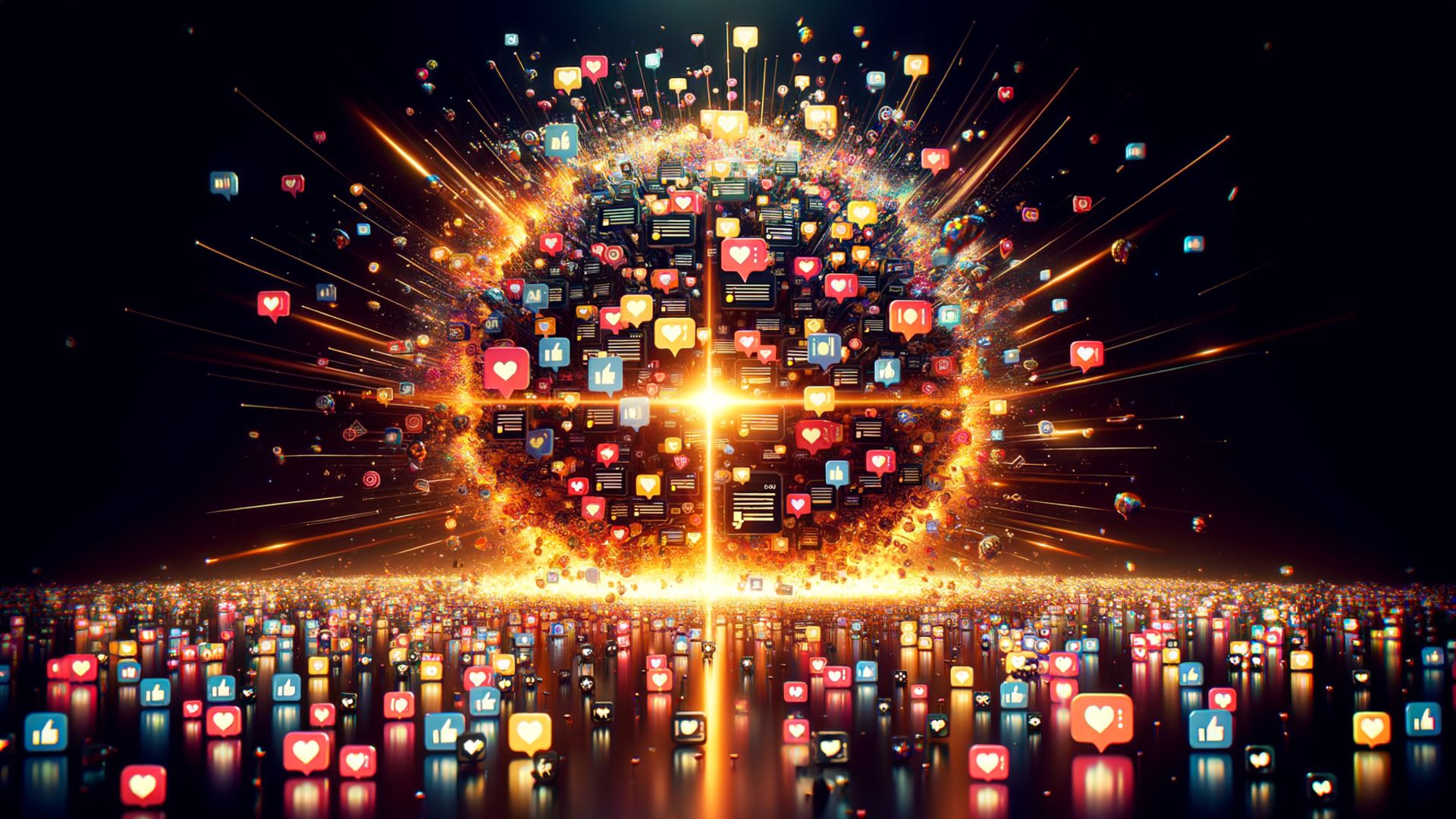
In the ever-evolving landscape of digital marketing, staying ahead of the curve is imperative for businesses striving to make a mark in the online sphere. As consumer behavior becomes increasingly complex and dynamic, traditional marketing strategies often fall short of delivering the desired results. This is where the integration of Artificial Intelligence (AI) into digital marketing services has emerged as a game-changer, revolutionizing the way brands engage with their target audience and drive growth.
AI-powered digital marketing services leverage advanced algorithms and machine learning techniques to analyze vast amounts of data and derive actionable insights. From optimizing advertising campaigns to personalizing user experiences, the applications of AI in marketing are diverse and far-reaching. Let’s delve deeper into how AI is reshaping various aspects of digital marketing:
Enhanced Targeting and Personalization: One of the primary benefits of AI in digital marketing is its ability to segment audiences with unparalleled precision. By analyzing consumer data such as browsing history, purchase patterns, and social media interactions, AI algorithms can create detailed customer profiles. These insights enable marketers to tailor their messaging and content to specific audience segments, thereby increasing relevance and engagement.
Predictive Analytics: AI-driven predictive analytics empower marketers to anticipate future trends and consumer behavior patterns. By analyzing historical data and identifying correlations, AI algorithms can forecast market trends, optimize pricing strategies, and even predict potential churn among customers. This foresight enables businesses to make data-driven decisions and stay ahead of their competitors.
Automated Advertising Campaigns: AI automates and optimizes various aspects of digital advertising, ranging from ad creation to campaign management. Through techniques such as programmatic advertising, AI algorithms can analyze real-time data to adjust ad placements, bidding strategies, and targeting parameters for maximum effectiveness. This automation not only saves time and resources but also ensures that advertising budgets are allocated efficiently to achieve the desired outcomes.
Chatbots and Virtual Assistants: AI-powered chatbots and virtual assistants have become indispensable tools for enhancing customer engagement and support. These intelligent systems leverage natural language processing (NLP) to understand and respond to customer queries in real-time. By providing personalized recommendations, resolving issues promptly, and facilitating seamless transactions, chatbots enhance the overall customer experience while reducing the burden on human customer support teams.
Content Creation and Optimization: AI algorithms can analyze vast amounts of data to identify content trends, keywords, and topics that resonate with target audiences. Additionally, AI-driven tools can generate and optimize content automatically, ranging from blog posts and social media updates to product descriptions and email newsletters. By streamlining the content creation process and ensuring its relevance and effectiveness, AI helps marketers maintain a consistent and compelling online presence.
Dynamic Pricing and Revenue Optimization: For businesses operating in highly competitive markets, dynamic pricing strategies can make a significant difference in profitability. AI algorithms analyze market dynamics, competitor pricing, and customer behavior to determine optimal pricing strategies in real-time. By adjusting prices dynamically based on demand, inventory levels, and other factors, businesses can maximize revenue while remaining competitive in the market.
Customer Insights and Feedback Analysis: AI-powered tools can sift through vast amounts of customer feedback, including reviews, comments, and social media conversations, to extract valuable insights. Sentiment analysis and natural language processing techniques enable businesses to understand customer sentiments, identify pain points, and address issues proactively. By listening to the voice of the customer, businesses can continuously improve their products and services to meet evolving needs and preferences.
In conclusion, the integration of AI into digital marketing services represents a paradigm shift in how businesses connect with their audience, drive engagement, and achieve their marketing objectives. By harnessing the power of AI-driven analytics, automation, and personalization, businesses can unlock new opportunities for growth, enhance customer experiences, and gain a competitive edge in today’s digital landscape. As AI technology continues to evolve, its impact on digital marketing is poised to become even more profound, shaping the future of marketing in ways we are only beginning to imagine




